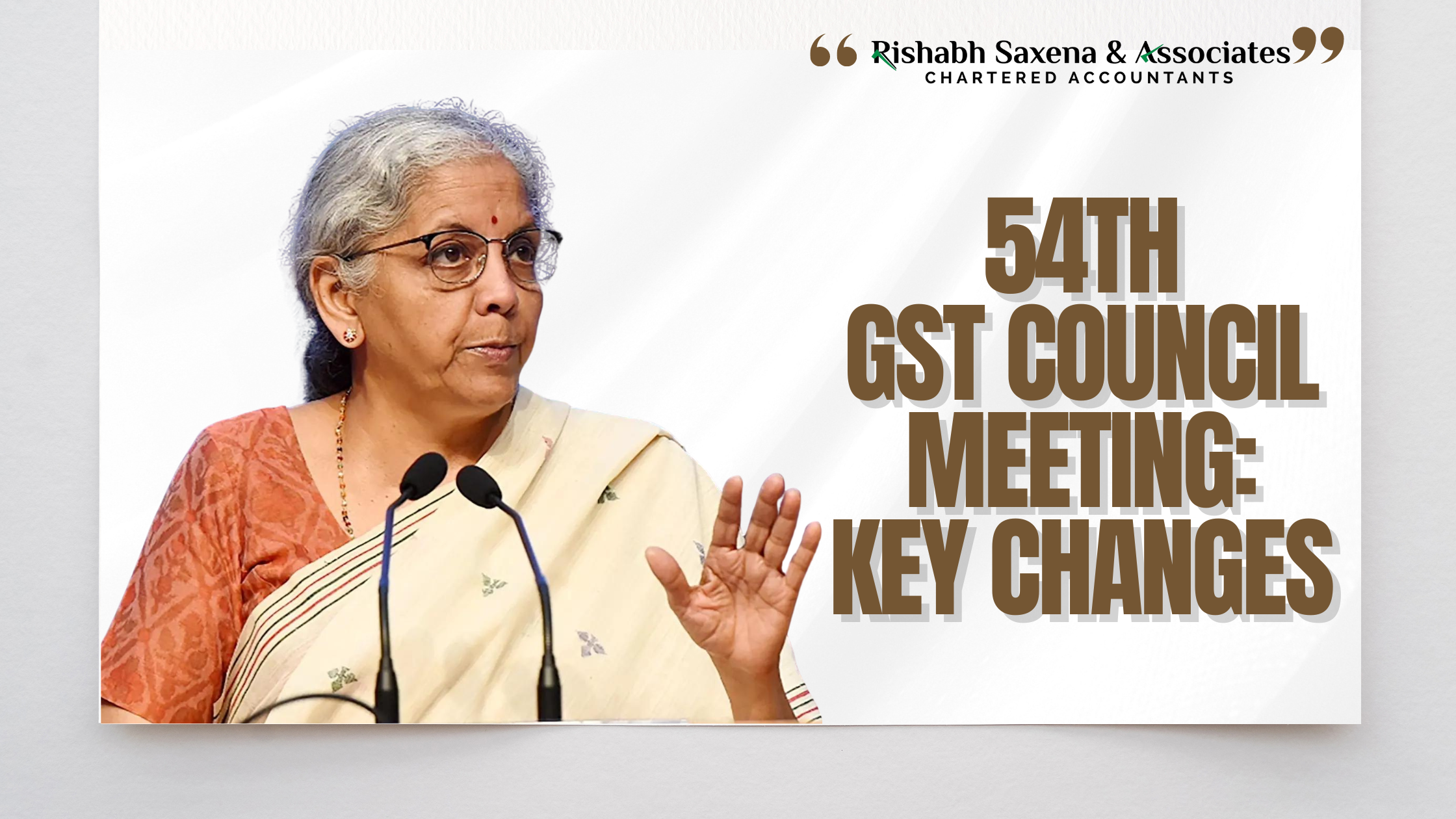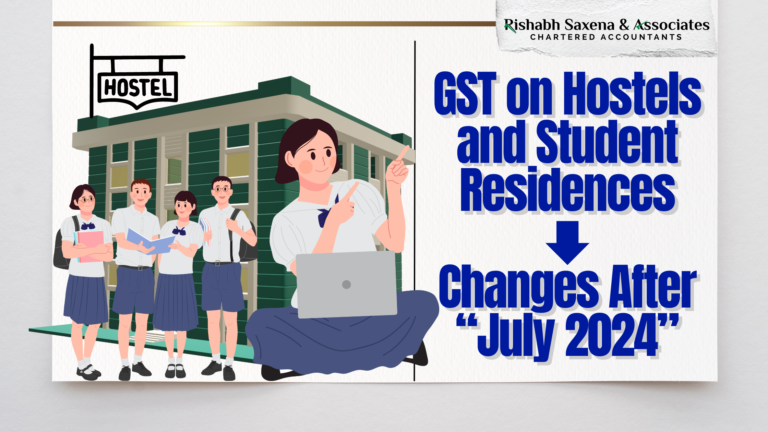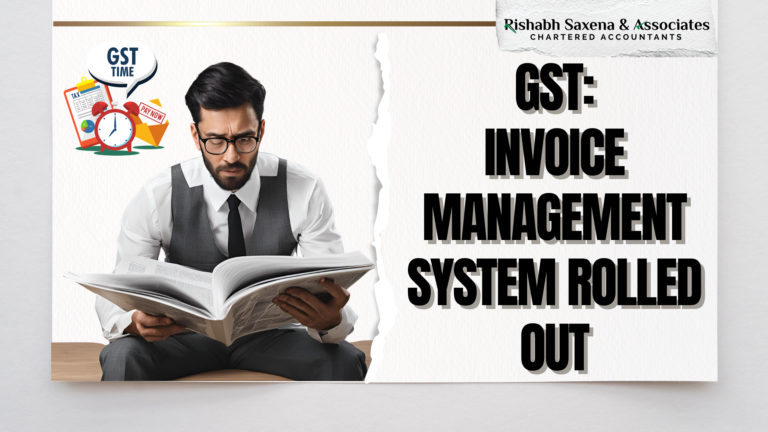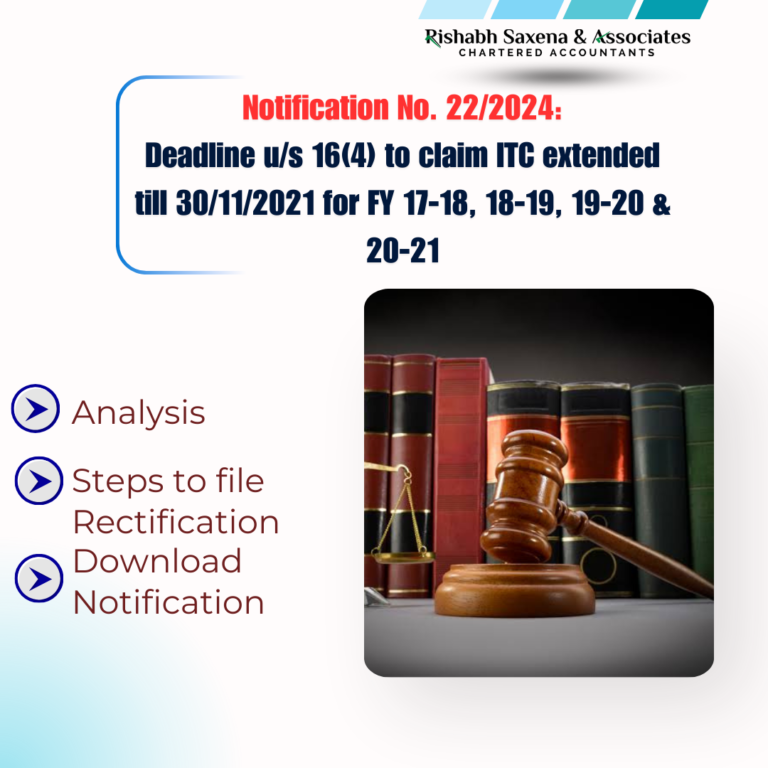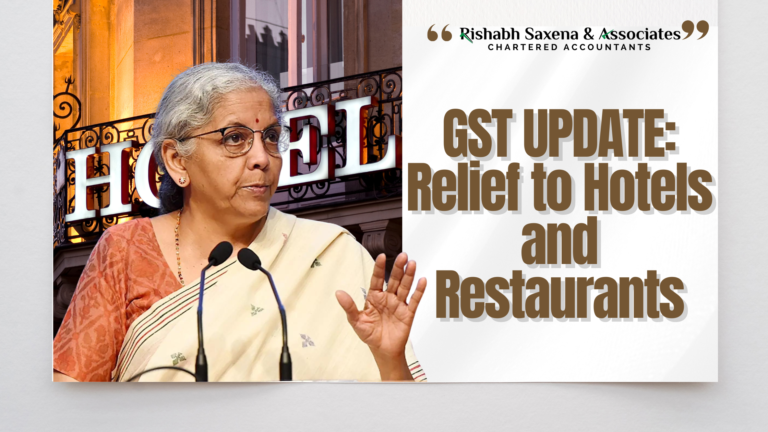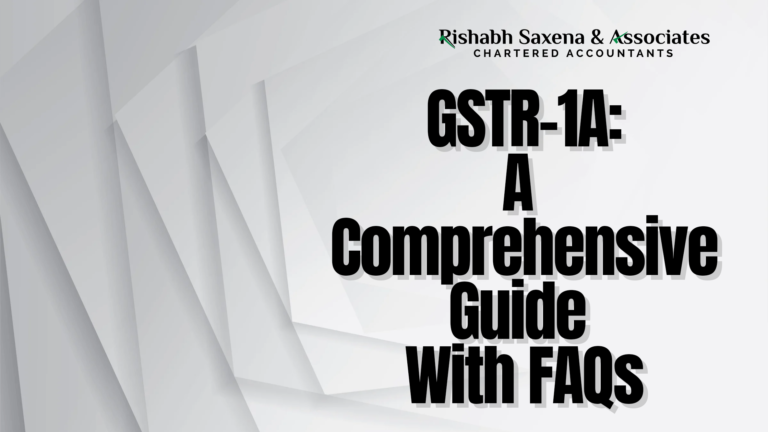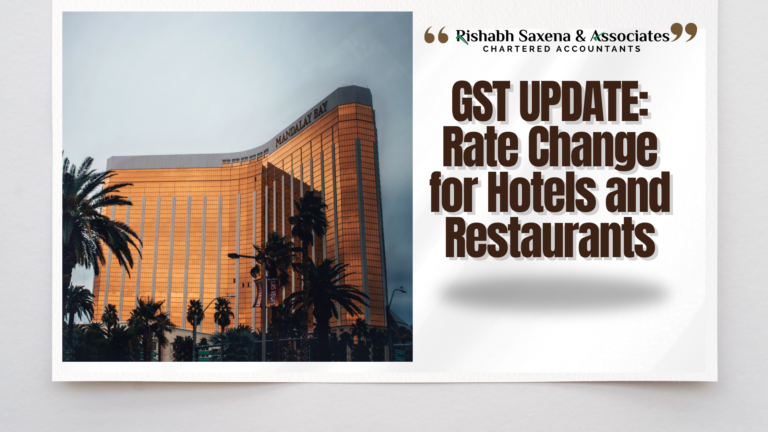Recommendations during 54th Meeting of the GST Council
Introduction
The 54th GST Council meeting has introduced several significant changes and clarifications to GST rates, procedures, and compliance measures. These updates aim to streamline tax processes, clarify ambiguities, and facilitate trade and business operations across various sectors. This article delves into the key recommendations and changes announced during the meeting.
Changes/Clarifications in GST Tax Rates
1. Goods
1.1 Namkeens and Extruded/Expanded Savoury Food Products
The GST rate for extruded or expanded savoury food products, such as those falling under HS 1905 90 30, will be reduced from 18% to 12%. This adjustment aligns these products with the GST rates of similar items like namkeens and bhujia. However, un-fried or un-cooked snack pellets will continue to attract a 5% GST rate. This change applies prospectively, affecting only future transactions.
1.2 Cancer Drugs
The GST rate on essential cancer drugs, including Trastuzumab Deruxtecan, Osimertinib, and Durvalumab, will be reduced from 12% to 5%. This move aims to make cancer treatments more affordable and accessible.
1.3 Metal Scrap
The GST Council has introduced a Reverse Charge Mechanism (RCM) for metal scrap supplied by unregistered persons to registered persons. Registered suppliers will also face a 2% TDS on B2B supplies. This change will enhance compliance and tax collection from the metal scrap sector.
1.4 Roof Mounted Package Unit (RMPU) Air Conditioning Machines for Railways
RMPU air conditioning machines for railways will be classified under HSN 8415, attracting a GST rate of 28%. This clarification aims to standardize the tax treatment of these specialized air conditioning units.
1.5 Car and Motorcycle Seats
The GST rate for car seats classified under HS 9401 will be increased from 18% to 28%. This adjustment aligns car seats with motorcycle seats, which already attract a 28% GST rate, ensuring parity across similar products.
2. Services
2.1 Life and Health Insurance
A Group of Ministers (GoM) will be formed to review GST on life and health insurance comprehensively. The GoM, comprising representatives from several states, will submit its report by the end of October 2024.
2.2 Transport of Passengers by Helicopters
GST on passenger transport by helicopters will be set at 5% on a seat-share basis, with past periods regularized on an ‘as is where is’ basis. Charter services will continue to attract an 18% GST rate.
2.3 Flying Training Courses
Approved flying training courses conducted by DGCA-approved Flying Training Organizations (FTOs) will be exempt from GST. This exemption aims to support aviation training and education.
2.4 Supply of Research and Development Services
The GST Council has recommended exempting research and development services provided by government entities or specific institutions using government or private grants. Past demands will be regularized on an ‘as is where is’ basis.
2.5 Preferential Location Charges (PLC)
Location charges or Preferential Location Charges (PLC) paid along with construction services will be treated as part of the composite supply. This change ensures that PLCs are taxed at the same rate as the main construction service.
2.6 Affiliation Services
2.6.1 Taxable Affiliation Services
Affiliation services provided by educational boards like CBSE will be taxable. However, services provided by state or central educational boards to government schools will be exempt from GST. Past issues between 01.07.2017 and 17.06.2021 will be regularized on an ‘as is where is’ basis.
2.6.2 University Affiliation Services
Affiliation services provided by universities to their constituent colleges will attract an 18% GST rate, as these services are not covered under existing educational exemptions.
2.7 Import of Services by Branch Office
The import of services by foreign airline establishments from related persons outside India, when made without consideration, will be exempt from GST. Past periods will be regularized on an ‘as is where is’ basis.
2.8 Renting of Commercial Property
Renting of commercial property by unregistered persons to registered persons will come under the Reverse Charge Mechanism (RCM) to prevent revenue leakage.
2.9 Ancillary/Intermediate Services Provided by GTA
Ancillary or intermediate services provided by Goods Transport Agencies (GTA) during the transportation of goods will be treated as part of the composite supply. Services invoiced separately will not be considered part of the composite supply.
Other Changes
3.1 Film Distribution
GST liability for film distributors acting on a principal basis prior to 01.10.2021 will be regularized on an ‘as is where is’ basis.
3.2 Electricity Supply Services
GST exemptions will apply to incidental or ancillary services related to electricity supply, such as application fees and meter charges, when provided as part of a composite supply. Past periods will be regularized on an ‘as is where is’ basis.
Measures for Facilitation of Trade
1. Waiver of Interest or Penalty
A new rule will be introduced to provide procedures for waiving interest or penalties related to tax demands for FYs 2017-18, 2018-19, and 2019-20. Registered persons can avail themselves of this benefit by making tax payments by 31.03.2025.
2. Implementation of Sub-sections in Section 16
The GST Council recommended notifying sub-sections (5) and (6) of Section 16 of the CGST Act retrospectively from 01.07.2017. A special procedure for rectification of orders related to wrong input tax credit claims will also be introduced.
3. Amendments in Rule 89 and Rule 96
Clarifications will be issued regarding IGST refunds on exports where concessional/exemption notifications were availed. Rule 96(10), Rule 89(4A), and Rule 89(4B) will be omitted to simplify the refund process.
4. Issuance of Clarifications
The GST Council will issue circulars to clarify issues related to the place of supply for advertising services, input tax credit on demo vehicles, and data hosting services.
5. B2C E-Invoicing
A pilot for B2C e-invoicing will be rolled out voluntarily in selected sectors and states. This initiative aims to enhance business efficiency and customer verification.
6. Invoice Management System and New Ledgers
The introduction of new ledgers, including a Reverse Charge Mechanism ledger and an Input Tax Credit Reclaim ledger, will be implemented. Taxpayers can declare their opening balances by 31 October 2024. The Invoice Management System (IMS) will help in managing input tax credit claims more effectively.

